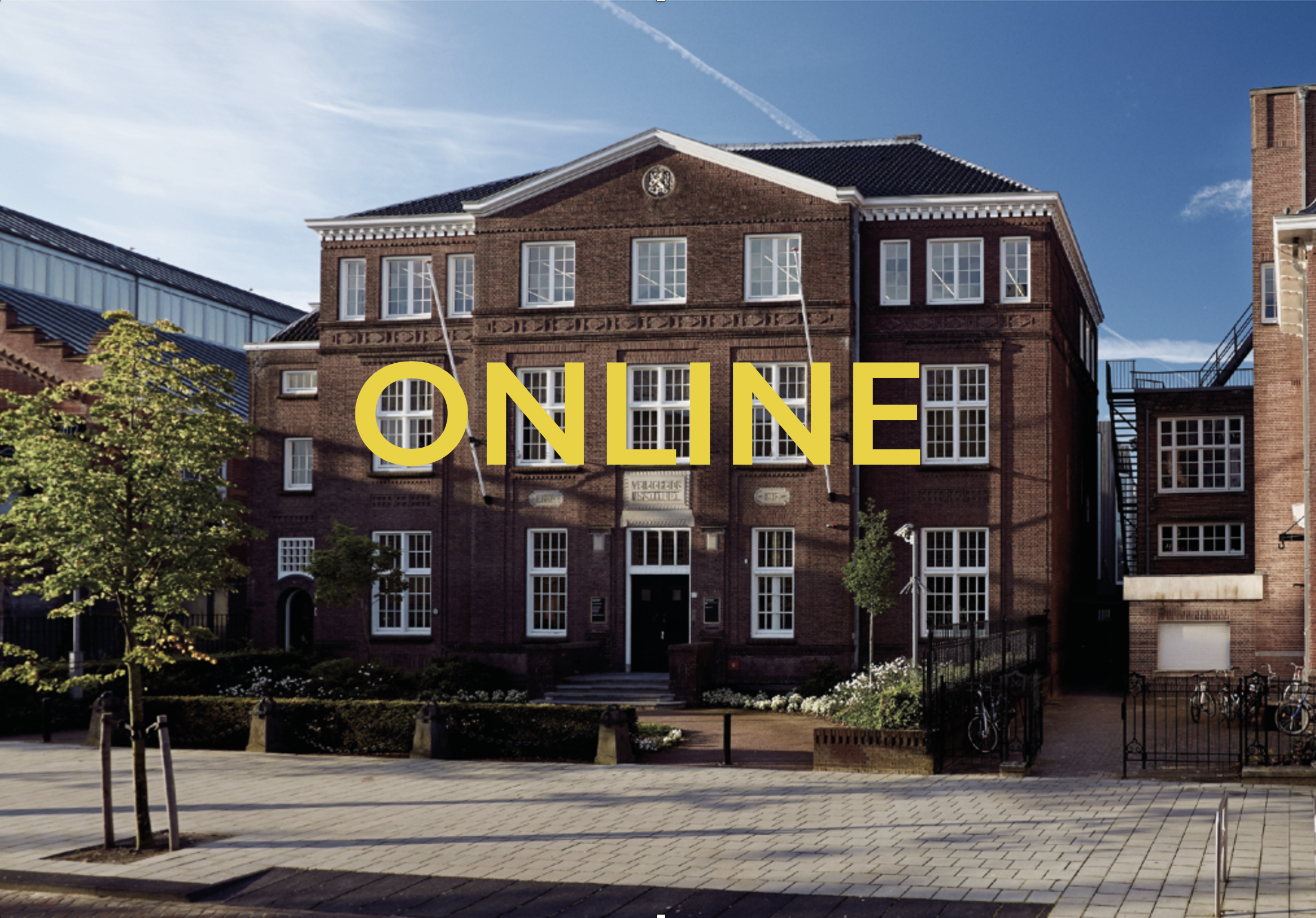

We are pleased to announce a new, online edition of the NICAS colloquium on Thursday 9 September 2021 from 12.00 to 13.00 hrs. The colloquium will take place online through Microsoft Teams.
Throughout the year, NICAS organises a bi-weekly Colloquium consisting of two short research lectures. It provides researchers with the opportunity to present ideas for, updates on or results of their activities. The NICAS Colloquium allows people to stay informed on a regular basis about the latest developments and results of research and to exchange information and expertise.
The chair of this colloquium will be Sanneke Stigter (University of Amsterdam)
The presenters are:
► Agnes Brokerhof – Loans to non-museum organisations – an illustration of the decision-making proces
Abstract:
ICOM’s new definition of the word ‘museum’ shows that the role of museums, and consequently the use of collections, is changing. Lending objects between museums is an obvious route to reach a larger and different audience. Worldwide museum associations try to remove obstacles to loans between trusted partners. Loans to non-museum organisations face risks associated with non-professional partners who offer little basis for trust. This presentation with 15 min film illustrates a decision-making model for museum and non-museum loans founded on the principles of value management and added value. Using an exhibition at Story House Belvedère in Rotterdam as case study it shows how the Cultural Heritage Agency of the Netherlands applies the model and introduces a number of tools to facilitate decision-making. Experience shows that non-museum loans are often possible, are highly rewarding and allow lender and borrower to make optimal use of the connecting power of heritage to bridge gaps in society.
Bio:
Agnes Brokerhof is a senior conservation scientist at the Cultural Heritage Laboratory of the Cultural Heritage Agency of the Netherlands. Her activities focus on research, consultation, teaching and coaching in the fields of preventive conservation, value and risk assessment, and their application in collection care and management.
► Esther van Duijn – ‘As much as is necessary for the harmony of the picture not to be disturbed’: The materials and methods used during the 1945–47 treatment of The Night Watch by Rembrandt
Abstract:
Between 1945 and 1947, Rembrandt’s iconic masterpiece The Night Watch (1642) was treated by C.H. Jenner (liner) and H.H. Mertens (restorer). As a result of the painting’s fame and changing attitudes towards restoration and technical research in the post-war Rijksmuseum, the 1945–47 treatment was exceptionally well documented for its time. This paper discusses the materials and methods used during this treatment and places them in a broader context by examining how they compare to later sources describing the materials and methods used by Mertens or under his supervision. Mertens’ career at the Rijksmuseum spanned forty years (1930–70). Since the level of documentation on the treatment of The Night Watch remained unparalleled in the museum for many decades after, the materials and methods described represent a valuable document not only for this single masterpiece but also for numerous other treatments between 1930 and 1970, for which documentation is insignificant or non-existent.
Bio:
Esther van Duijn works as paintings conservator and researcher at the Rijksmuseum. She has specialized in the conservation history of the paintings collection of the Rijksmuseum and is currently part of the Operation Night Watch team.